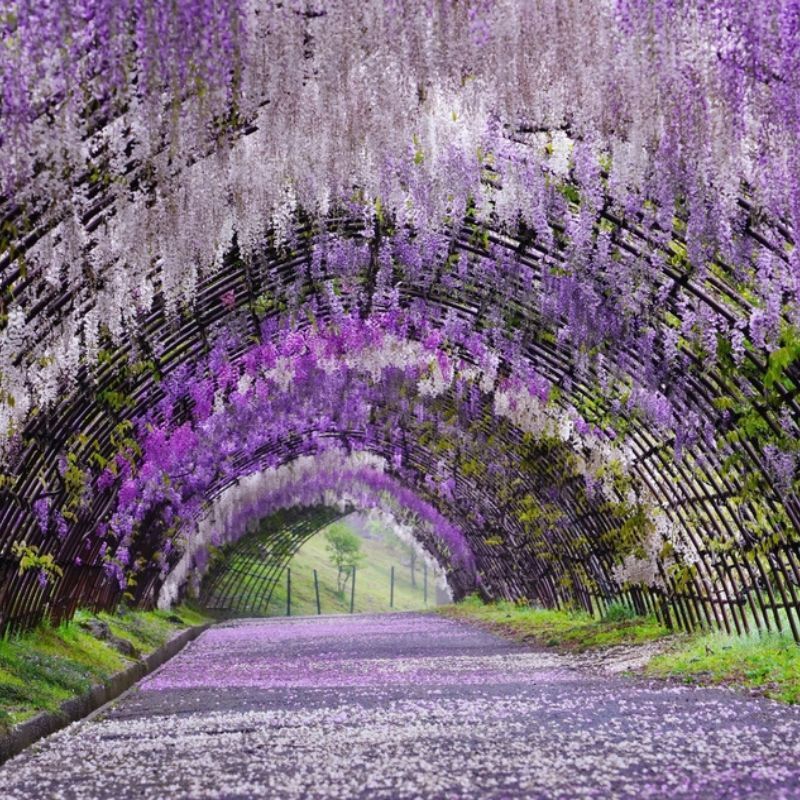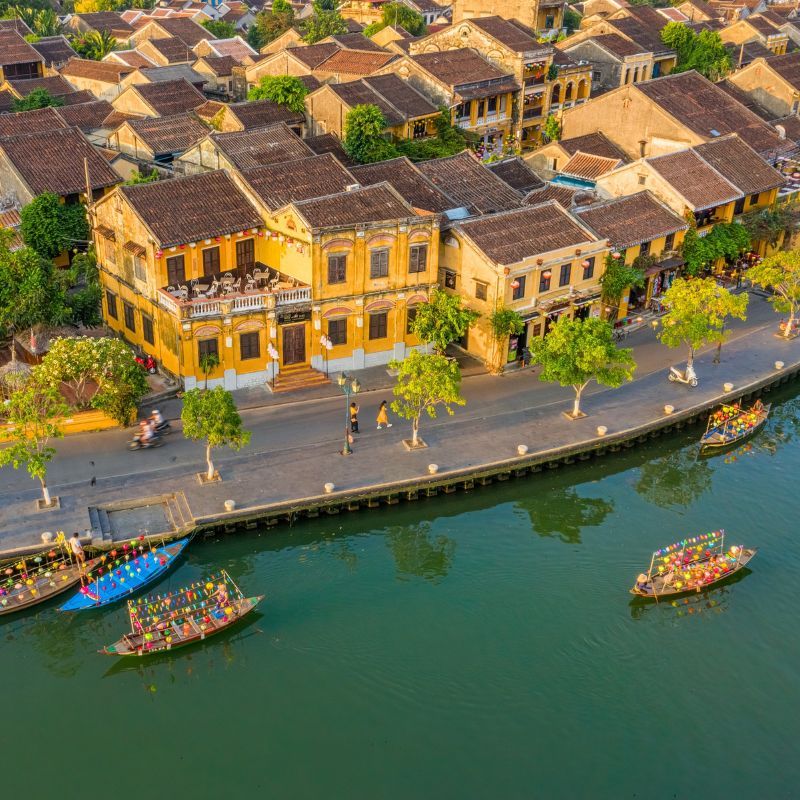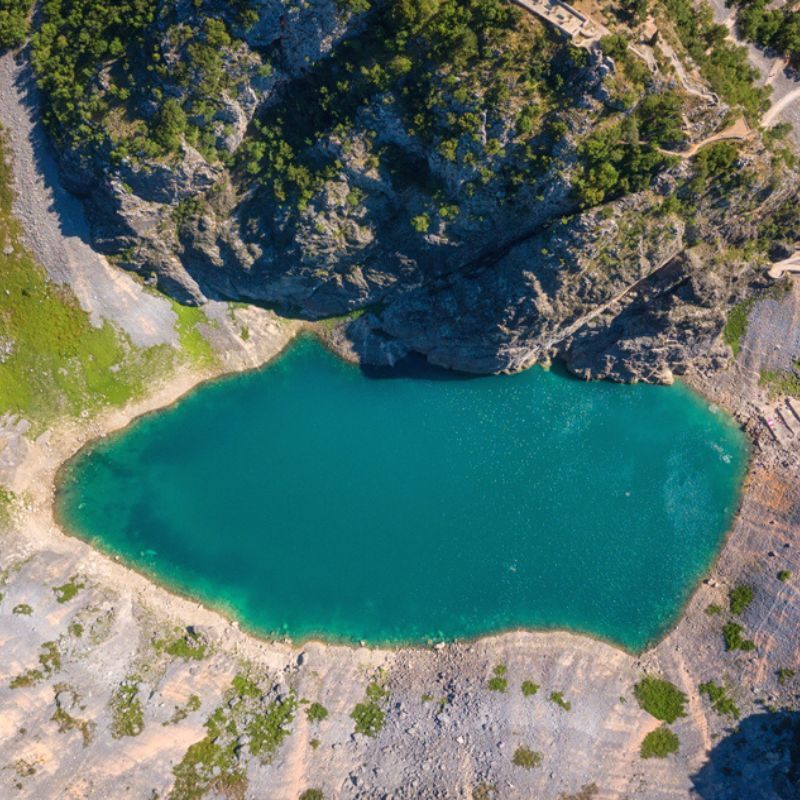
A saunter in Assam’s tea estates and a dip in the production process must find a place on every connoisseur’s bucket list. We discover the nuances of our morning cup and the life of a planter on a tea trail from Guwahati. By Kumar Shree

In the first 20 minutes of the drive to the hotel, the landscape transforms from stark urban streets to idyllic roads flanked by hills and fields before a highway leads me into the heart of Guwahati. My accommodation for the night, the Novotel Guwahati GS Road, is a plush metropolitan hotel that blends into its charming surrounds.

The next day, I am on the road by 7 am, while the city is still snoozing its alarms. My destination is Misa Polo Club in the picturesque Kellyden Tea Estate, a three-hour drive from Guwahati. The long drive ensures I have enough time on hand to savour the landscapes en route. Under an overcast sky, settlements appear in the midst of verdant fields—colour clusters cropping up against vast expanses of green.
At the destination, surrounded by verdant tea plantations, a slow drizzle makes the Misa Polo Club look like a toyhouse. The club may appear tiny from the outside, but it oozes royalty inside. A regal shade of brown dominates the decor, as the walls narrate a long and rich history. After a quick breakfast and a tour of the 18-hole golf course, I hop over to the production factory of the tea estate.

It is here that I realise how little I know about the CTC tea I consume every morning. CTC stands for Crush, Tear, and Curl. Once in the factory, the leaves first undergo withering, where moisture is blown away from them. Next is maceration, where a shifter is used to clean the leaves before feeding them to the rotorvane. The leaves are then cut by passing them through high-speed CTC rollers—this completes the cell rapture process and gives the desired shape to the tea. Next, the oxidation machine facilitates the reaction between oxygen from the humidified air and the chemicals in the leaves, tanning the green leaves to the shade we’re familiar with. The tea now undergoes drying with the help of hot air—oxidisation is stopped at the desired state when the tea acquires its classic blackish brown colour. Finally, it is sorted into grades and tasted for quality checks before packaging.

After this insightful dip in the tea production process, I head towards the 22 delightful acres of Wild Mahseer, where a sumptuous homely lunch spread awaits. Set amid the Addabarie Tea Estate in Sonitpur district, this property is the perfect place to experience a tea planter’s life without the hardships that come with it.
As the sun descends in the sky, I soak in the rustic life at Baligaon Mishing Village. This is no ordinary village, as the 27-year-old Pavitro Mili (who looks not a day older than 16!) emphasises in an impassioned speech. Baligaon is India’s first ‘green village’, as adjudged by the Indian Green Building Corporation in 2015. The village practises rainwater harvesting, and produces everything from food to clothes within its premises. “We need to buy only salt from the market,” Mili claims with an unmistakable quiver of pride in his voice. While agriculture is the main source of income here, the village also offers homestays in the form of Chang Ghar, stilt houses made out of bamboo.

The villagers worship natural powers referred to as koloni. A Naam Ghar functions as the communal space for prayers. As I try to wrap my head around the world that resides within this tiny village, I’m served up a performance of Mishing thali dance by a troupe of local girls and a glass of poro apong, the local rice beer made with 30 herbs that leaves lingering banana and honey notes on the palate. The evening turns into night, and in my cosy living quarters at Wild Mahseer, I listen to the surprisingly soothing sound of monkeys playing on the roof. Perhaps, it’s the local sundowner; or perhaps, it is the high of living amid pristine wilderness.

The next day is supposed to be filled with what the Japanese call shinrin-yoku, or forest bathing. But it turns to be one that’s spent listening to the rain pitter-patter on the jungle floor. The downpour stops in time to allow a visit to the Chengelimari Garo Gaon. Now that I’m acquainted with village life in Assam, the locals’ clothing and jewellery doesn’t take me by surprise; what does catch my attention, though, is the way these are made. Locals here use organic ingredients like onion peel, turmeric, and native red flowers to colour threads purchased from the market before using them to weave their clothes. What look like shells in a necklace turn out to be pages of old calendars cut up and rolled to look like shells.
It is here that I witness the traditional wangala dance—a group of kids dances to the hypnotising tunes of a flute and a local percussion instrument that looks like a dholak. The local dance is performed during the wangala (harvest) festival to thank the Sun God of fertility for a rich harvest.

A visit to Assam is incomplete without a safari in the famed Kaziranga National Park. It is only my second visit to a national park, the first one being to Corbett. A vast expanse of greenery punctuated with water bodies visited by one-horned rhinos, sambhar, and Asian elephants, Kaziranga is a whole new world. Big species aside, the most surprising sightings are those of birds—I spy the grey headed fish eagle, hornbills, and the red junglefowl. So rich is the land in avian life that we rarely see the same bird twice.

Back in Novotel Guwahati, I’m treated to a themed dinner at The Square, the all-day diner of the hotel, with a tea-inspired meal prepared by Executive Chef Sujit Chakraborty. Think lemon tea grilled prawns, jasmine green tea chicken tender, masala chai flavoured thukpa, and chamomile smoked fish with Asian slaw and lemon tea sauce. I’m bowled over by every innovation that arrives at my plate. It’s an apt ending to a trip that’s been as awe-inspiring with its landscapes as it has been educational in all things tea.

GETTING THERE
Most major airlines including Vistara and Indigo fly to Guwahati from Delhi and Mumbai. Kellyden Tea Estate is a three-hour drive.
STAY
GUWAHATI: Novotel Guwahati GS Road is a luxurious five-star hotel in the heart of the city’s commercial district. Rooms start from INR 6,000.
SONITPUR: Wild Mahseer takes the jungle-living experience to a new level. Accommodation starts from INR 7,600 in monsoons (mid-May to September) and INR 10,300 in peak season (October to mid-May).
TOURS
This trail starts from INR 90,000 for a couple—with two nights at Novotel Guwahati and two nights at Wild Mahseer. Package includes meals, tax, and park fee. Book on the front desk at Novotel Guwahati GS Road.
Related: Here Are The Best Ways To Spend 48 Hours In Guwahati!










